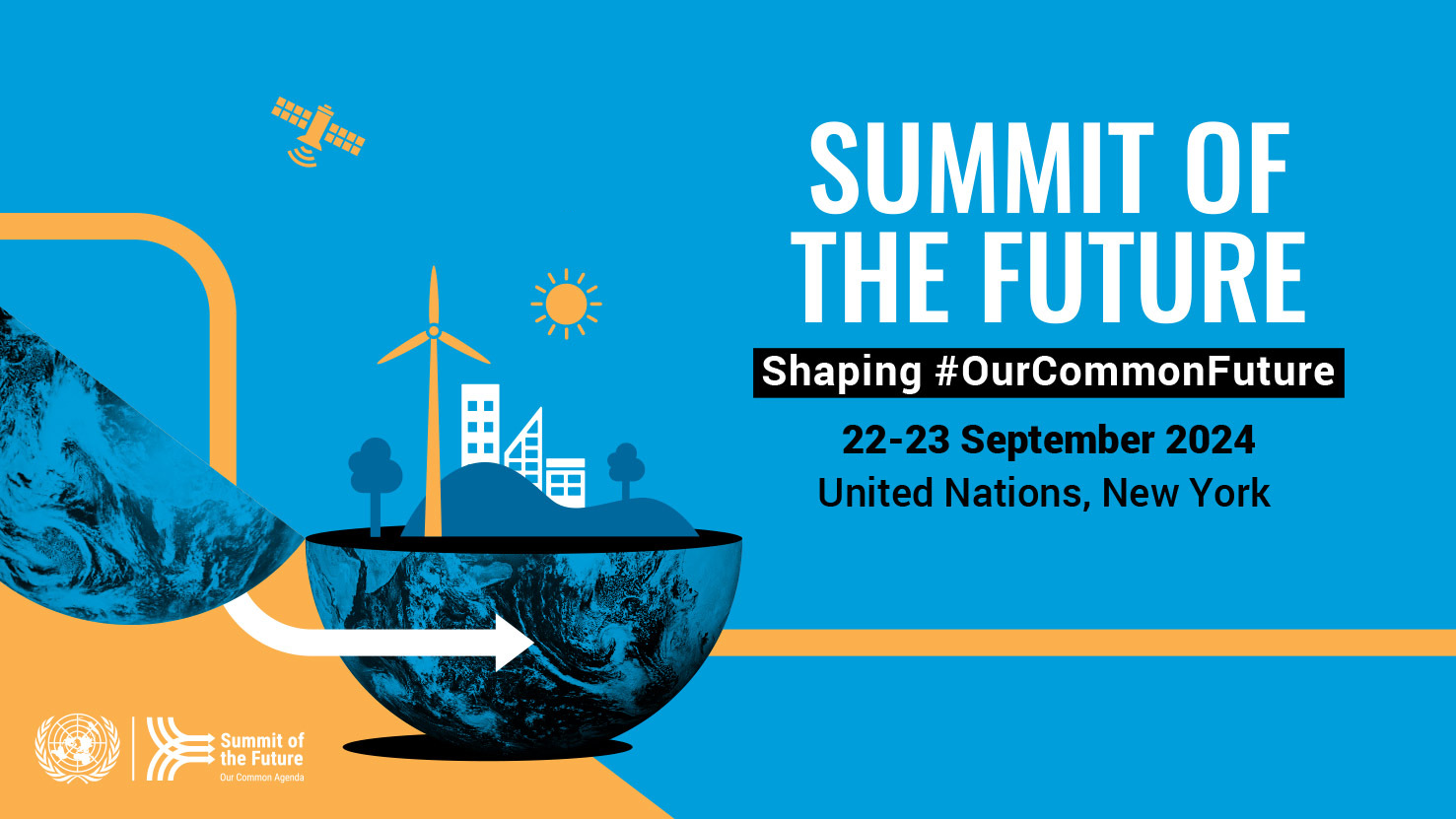
This once-in-a-generation opportunity serves as a moment to mend eroded trust and demonstrate that international cooperation can effectively tackle current challenges as well as those that have emerged in recent years or may yet be over the horizon.
This is also a moment of immense opportunity, when rapid advances in science and technology, properly managed, hold the promise to deliver a better, more peaceful, prosperous, and fairer future for all.
As the UN Secretary-General Antonio Guterres told the General Assembly: “Our world badly needs: reform of the Security Council; reform of the international financial system; the meaningful engagement of youth in decision-making; a Global Digital Compact to maximize the benefits of new technologies and minimize the risks; an emergency platform to improve the international response to complex global shocks.
We already have many existing agreements and commitments, starting with the UN Charter and including the Universal Declaration of Human Rights, the Sustainable Development Goals, the Paris Agreement and many others.
The Summit of the Future will look at how we can cooperate better to deliver on our aspirations and goals. How do we better meet the needs of the present while also preparing for the challenges of the future?
Only together can we take the bold actions that match today’s realities and tomorrow’s threats and opportunities. This is in the interest of every country, no matter how rich or powerful.
The Summit of the Future is a crucial opportunity to enhance cooperation on critical challenges, address gaps in global governance, and move towards a reinvigorated multilateral system that is better position to positively impact people’s lives. And to ready ourselves for the world to come.
When world leaders gather at the United Nations in September, they will adopt three documents. The Pact for the Future is aimed at defining the priorities and actions for addressing global challenges. The Declaration on Future Generations will contain specific steps to account for the interest of coming generations and the Global Digital Compact is expected to outline a path towards an open, free, secure and human-centred digital future for all.
These agreements will pave the way for, among other things, getting us back on track to achieving the Sustainable Development Goals through unlocking greater volumes of development finance and addressing the debt crisis that is holding so many developing countries back; revitalizing our collective security system and transforming global governance; harnessing the opportunities and managing the risks of digital technologies; and strengthening the meaningful participation of young people in decision-making at all levels.
The world must respond to the harm caused by the spread of online hate and lies while robustly upholding human rights, United Nations Secretary-General António Guterres said at the launch of the United Nations Global Principles for Information Integrity in June 2024.
Misinformation, disinformation, hate speech and other risks to the information ecosystem are fueling conflict, threatening democracy and human rights, and undermining public health and climate action. Their proliferation is now being supercharged by the rapid rise of readily available Artificial Intelligence (AI) technologies, increasing the threat to groups often targeted in information spaces, including children.
The Secretary-General has put forward a framework for coordinated international action to make information spaces safer and more humane.
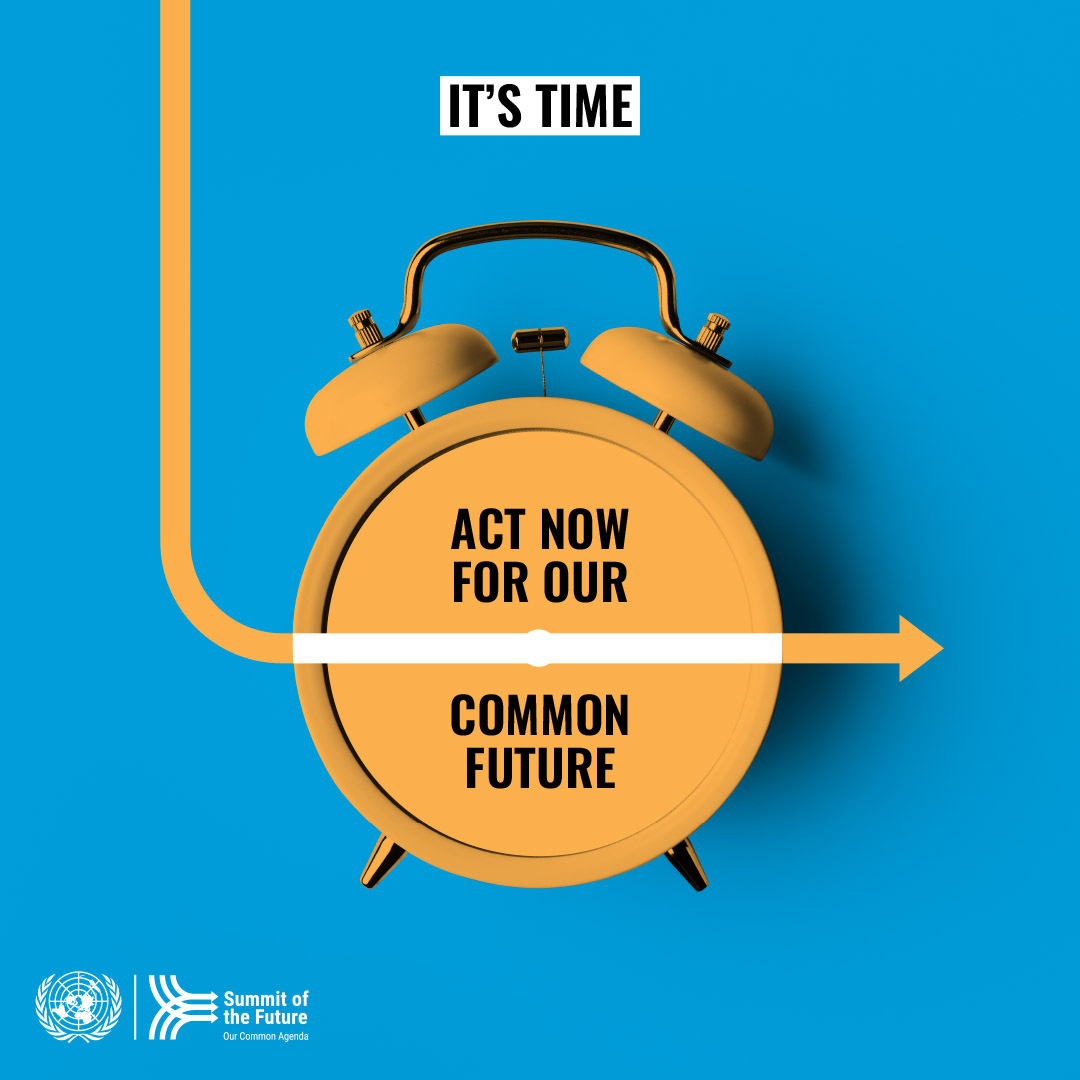
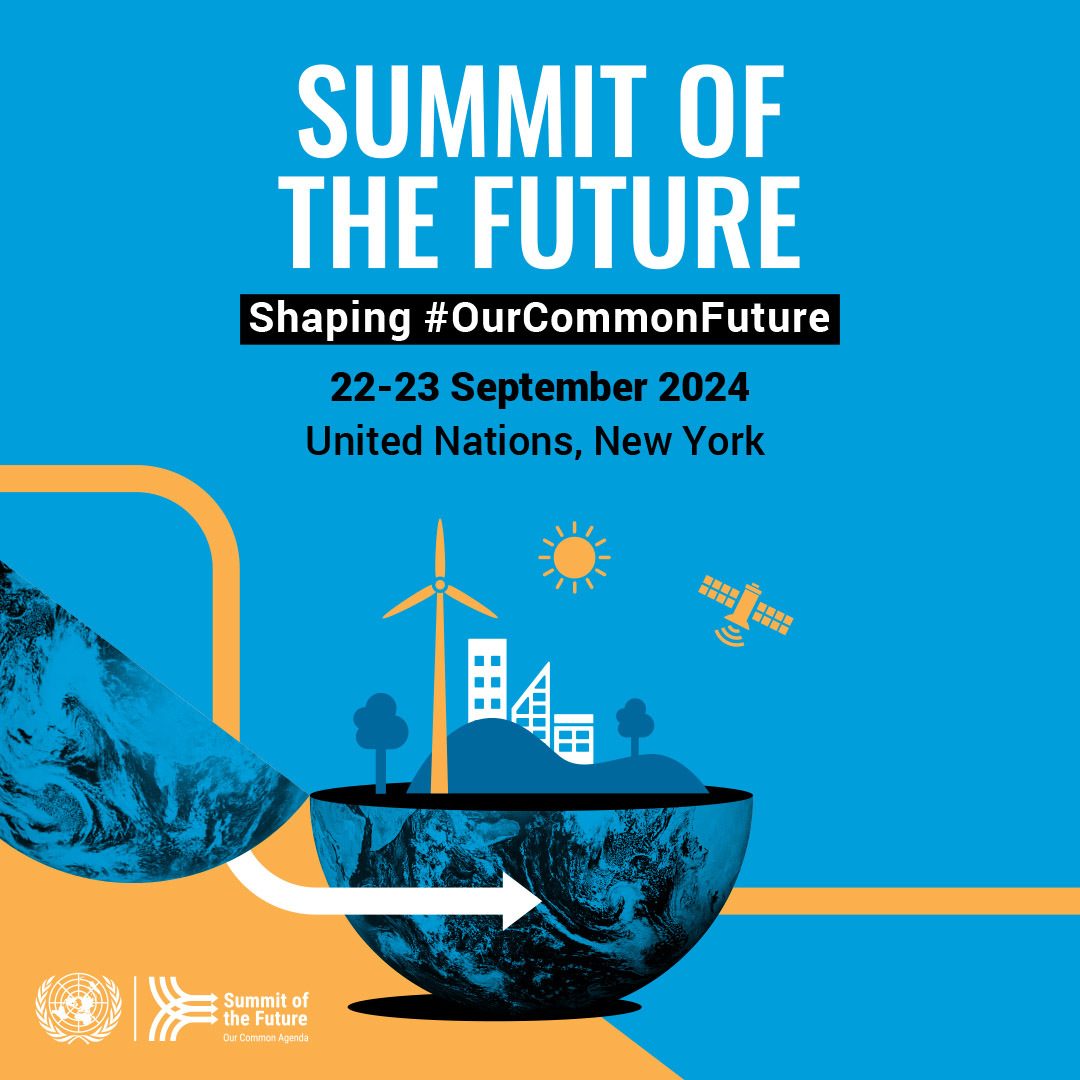
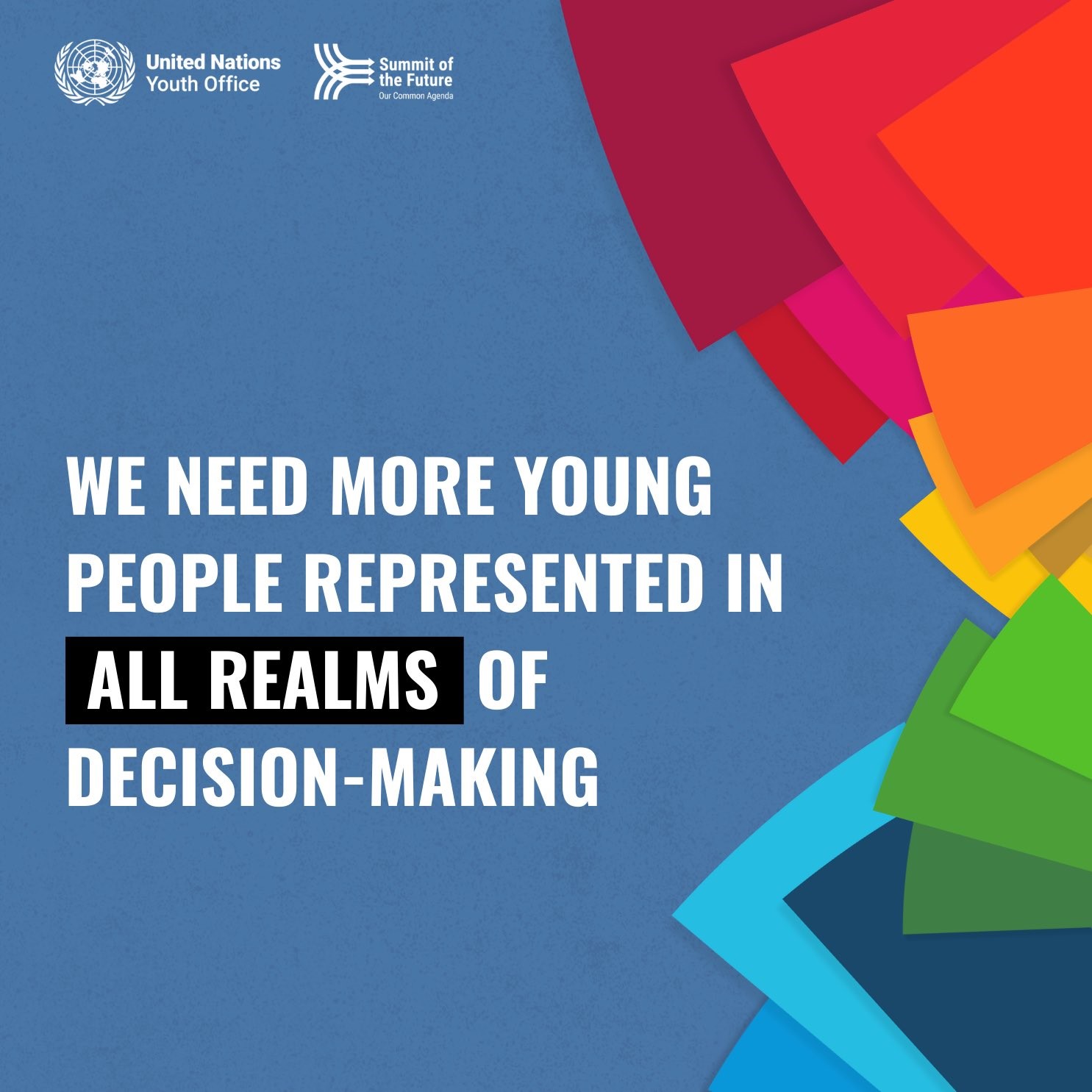
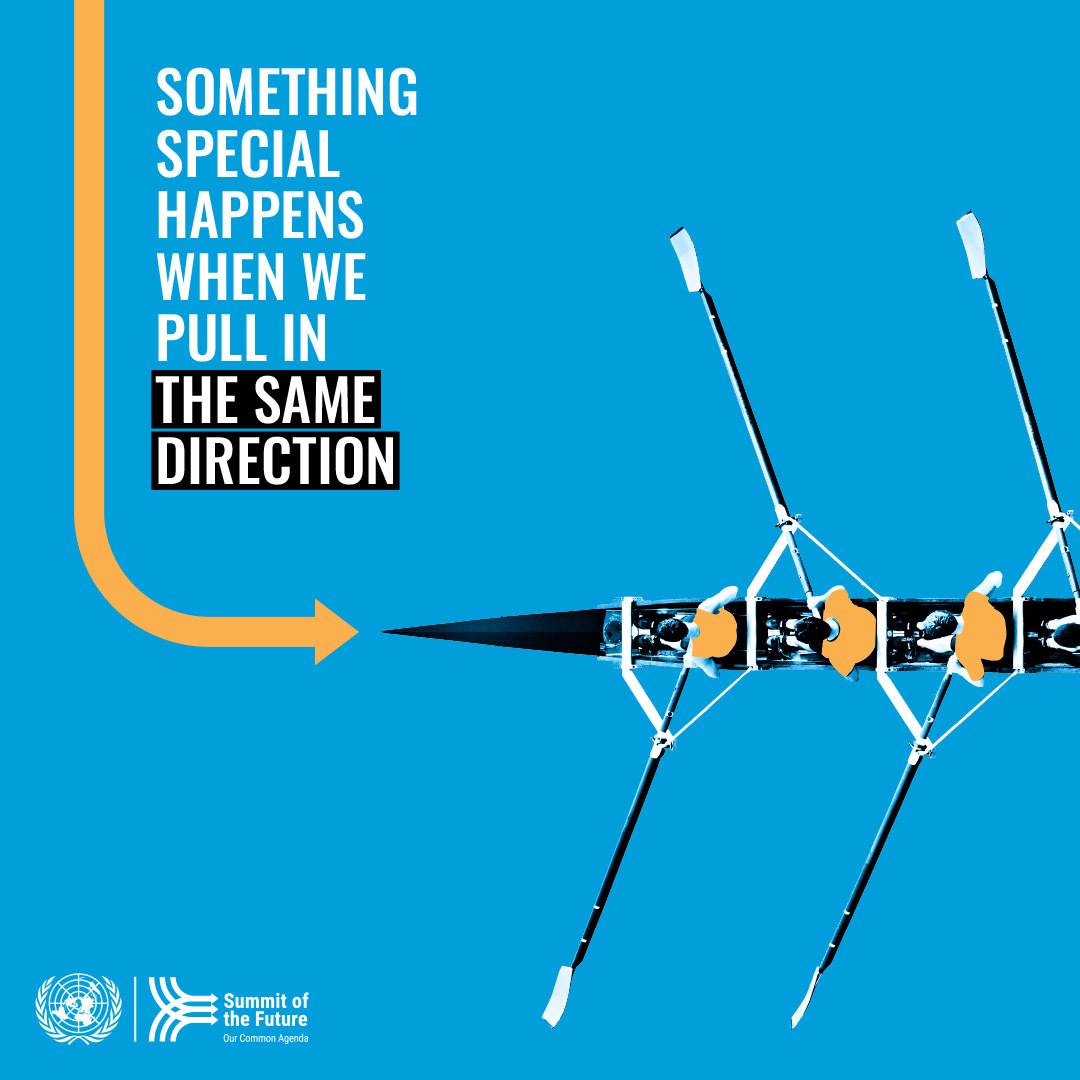
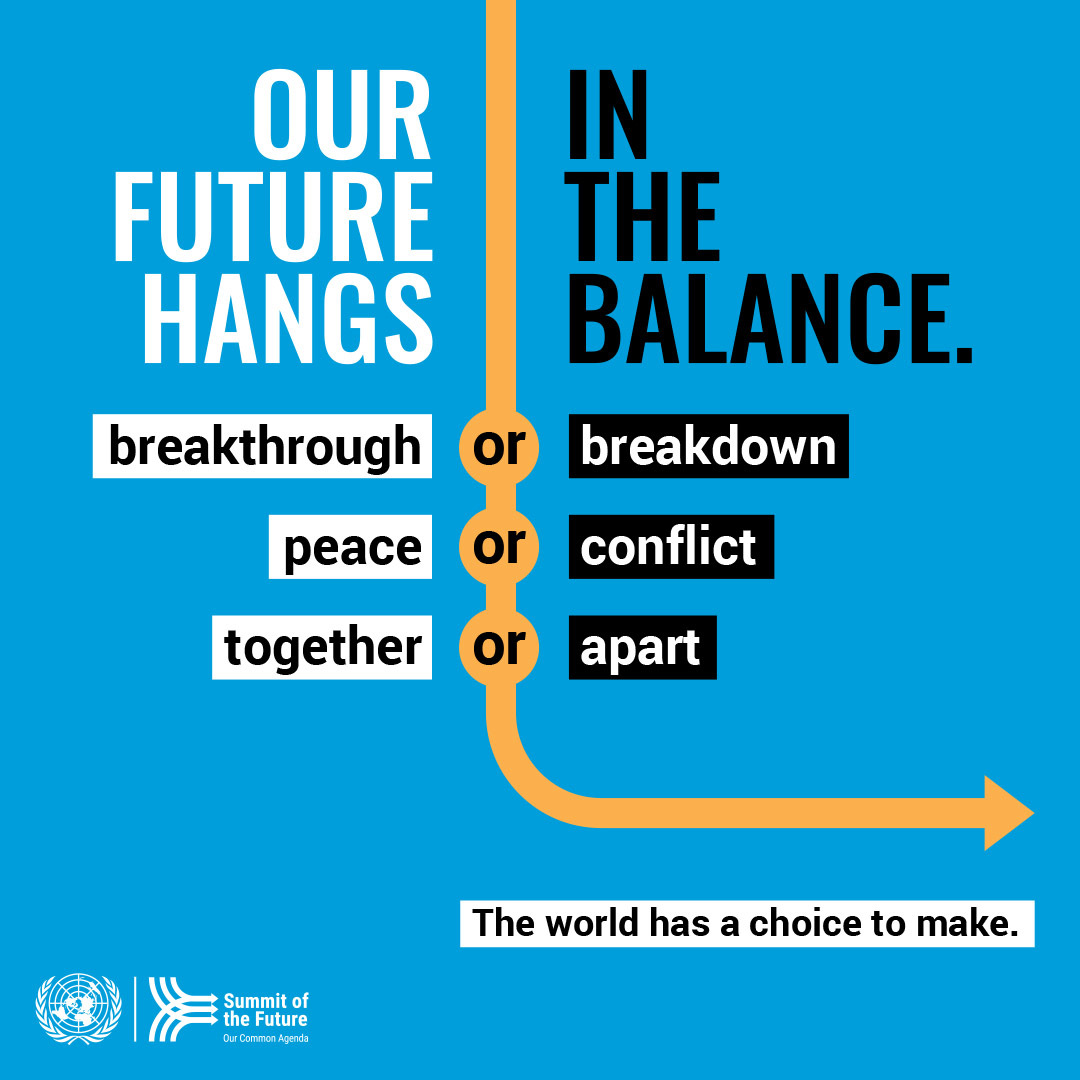
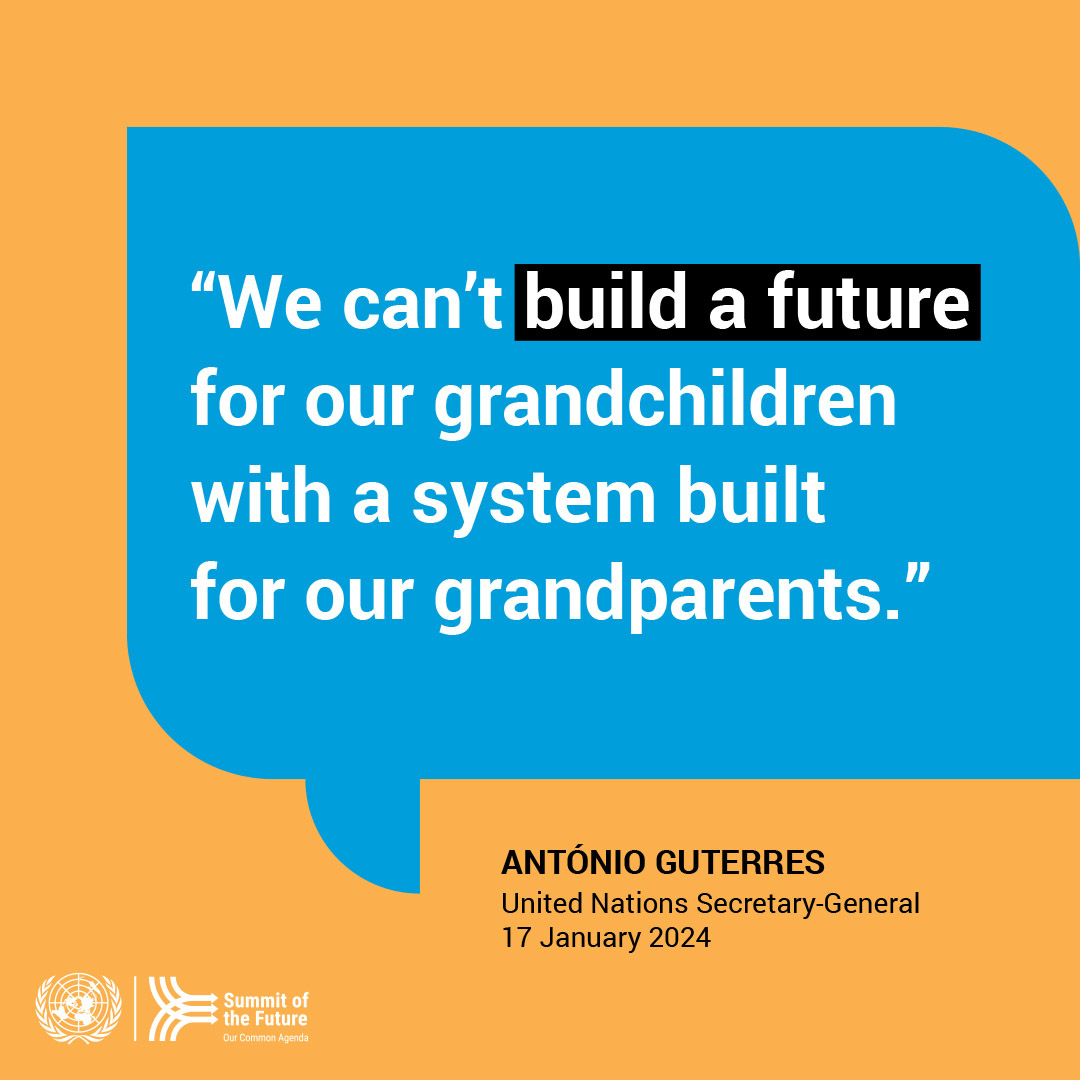
In September 2024, the United Nations General Assembly adopted the Pact for the Future to reform the international order. Improving international peace and security is one of the key areas addressed in the Pact. Austria's Permanent Representative to the United Nations in New York, Ambassador Alexander Marschik talks about the negotiations on Security Council reform and the Pact.
World leaders adopted the Pact at the Summit of the Future held in New York in September 2024. Its adoption demonstrates that countries are committed to an international system with the United Nations at its centre.
The Summit is a high-level event, bringing together world leaders to forge a new international consensus on how we deliver a better present and safeguard the future.
World leaders adopted a Pact for the Future that includes a Global Digital Compact and a Declaration on Future Generations. This Pact is the culmination of an inclusive, years-long process to adapt international cooperation to the realities of today and the challenges of tomorrow.